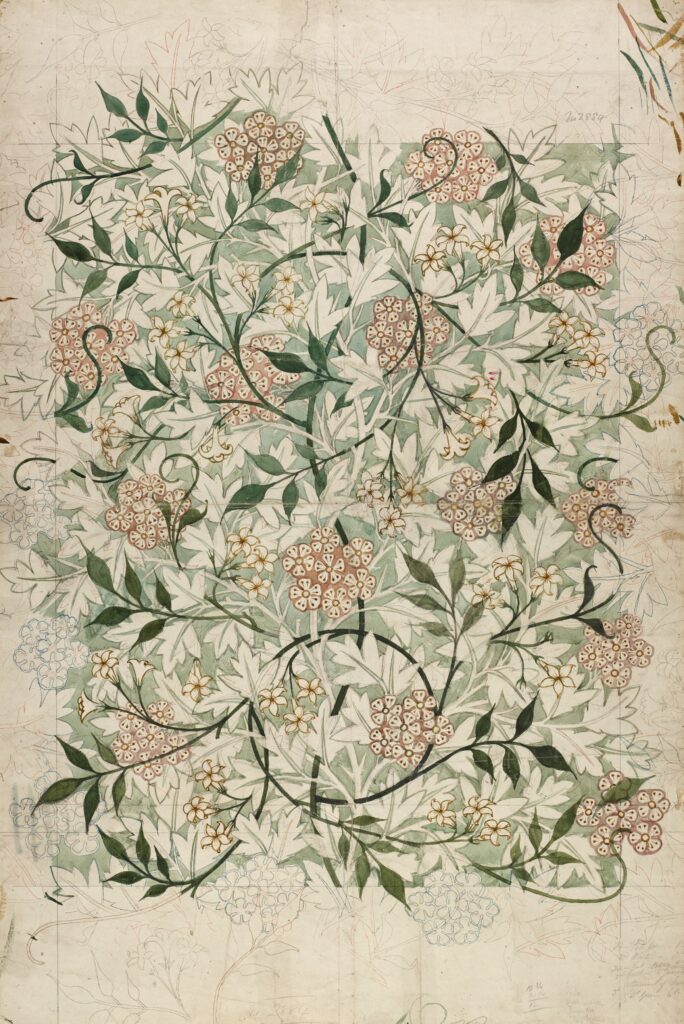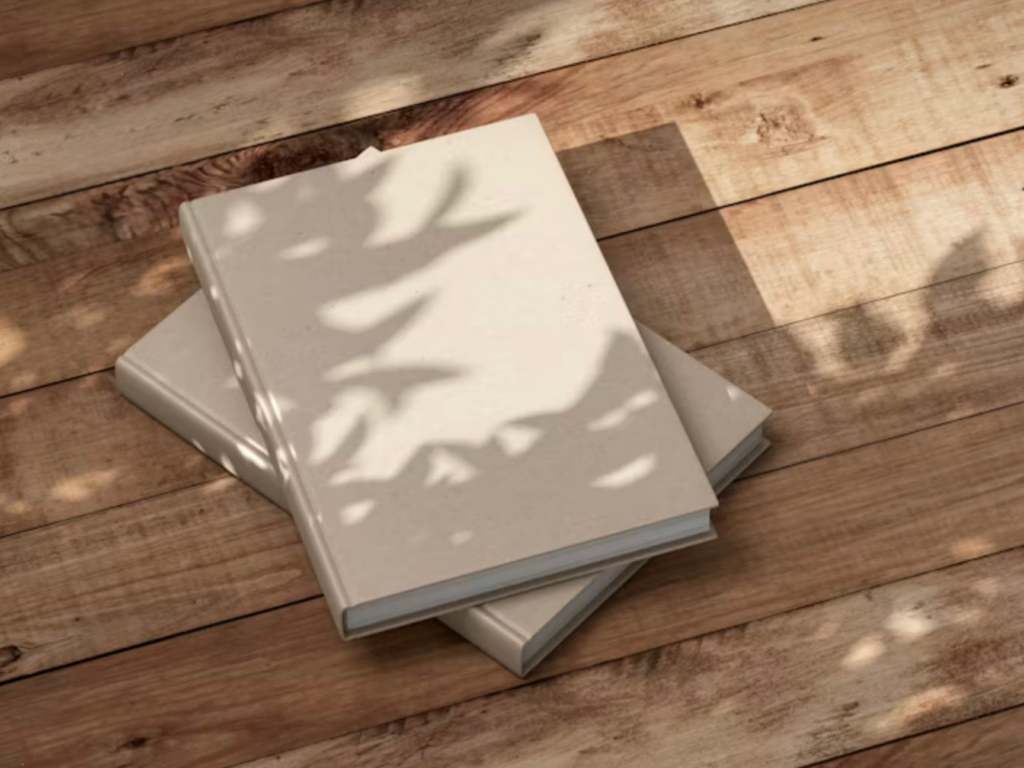Henna

I sit in the center of the soft bed strewn with rose petals, strings of jasmine forming a cloying canopy from the bedposts to the ceiling. The room, decorated for the consummation of my marriage, is one of the many guest rooms in Abba’s palatial house, his ancestral haveli. Yusuf, my husband, enters the room and sits beside me. He lifts the gold-embroidered dupatta drawn over my face in bridal tradition, tilts my chin up, and says “Mashallah” in admiration. As if he hasn’t seen my face before, as if he isn’t my second cousin, as if he hasn’t grown under Abba’s aegis. As if he doesn’t ride in my father’s imported cars, doesn’t command his goons, doesn’t partake in his entitled endeavors.
Following the wedding rituals, Yusuf holds my henna-tattooed hands open, his fingers rough on my skin, and tries to find his name hidden skillfully in the dense design of vines, buds, and leaves. I shiver at my husband’s touch, cringe away from him. As I wiggle my hand away, Yusuf tightens his hold and his face flushes with anger. “Who are you saving yourself for, Zeenat?” he says, as if I owe him an answer, as if I’m a child and he, my parent.
Every hair on my body rises in protest. I want to scream I don’t belong to him or this bed. I betrothed my soul to my true love, my Sajid, but my lips are sealed by the signature I inked on the marriage document. I met Sajid this past summer. He is my friend Nishat’s cousin, visiting from London. As soon as Nishat introduced me to her English cousin, I fell in love with his accent, with the way his lips curled to say Helloooo with a long ooo, then stretched into a line to say my name Zee-nayt. The spark in his eyes confirmed his attraction towards me. He and I met on Nishat’s rooftop terrace every day, obscured by the shadows of linens drying on the clothesline, the water tank watching over us like a sentry.
Three days ago, someone tattled to my father about me and Sajid. Abba was furious. I had maligned his name and disgraced my Sunni Muslim family by choosing a Shia lover. He threatened to kill Sajid, calling him a son-of-a-bitch, as I wept and pleaded at his leather-sandaled feet. When he demanded I marry Yusuf, I could do nothing but nod my consent.
Yusuf brings his lips close to mine until his pencil-thin mustache is a hair’s breadth from my mouth. I said “Qubool Hai” to accept him as my husband, but my blood roars at the taint of his breath on my face, the same blood that fluttered and danced in my veins when Sajid kissed me for the first time under the veil of a light afternoon drizzle.
“Stop, Yusuf!” I press my sharp nails into the inside of his wrist.
“What the hell, Zeenat!” He rubs the crescent-marks on his skin. “Your English hero is gone, you understand?”
“Gone? Did he leave for London? Do you know?” I demand in a tone my father uses often, a tenor asserting his position of wealth, prompting deference from the less affluent.
The scent of fresh flowers makes the air suffocatingly dense. My heart thuds harder with each passing moment. After a long minute, Yusuf says, “I don’t know where the Shia bastard is.” He turns his face away from me, fixing his gaze on the sunset painting on the wall. His mustache twitches and a thick vein throbs in his temple.
“What happened to Sajid?” I pummel Yusuf’s chest with my fists as my bun collapses and the pinned strands spill over my shoulders. He doesn’t say a word, stays still as a statue. I pull at his embroidered silk kurta and one of the golden buttons rolls down the mattress to the floor with a ring that echoes through the room.
Yusuf glares at the thread left by the dislodged button and a shadow flits across his eyes. “Interrogate me later, Begum,” he says and slides his hand under my brocade lehenga. “First, fulfill your wifely duties.”
I grab a metal vase from the nightstand and raise it over my head. “Don’t you dare touch me, Yusuf!” My arms are long and strong like Abba’s. Yusuf mutters something about my debauchery and his loyalty to my father that keeps him from hurting me. As he climbs off the bed, he spits on the floor as if he’s tasted something bitter, and yells, “The Shia mongrel must be tossing and turning . . .”
“What? What did you do to Sajid?” I lunge after him, but he exits the room before I can catch his long sleeve.
I collapse on the floor like a slack canopy. I wish I’d never met Sajid, wish I could erase the last two months from my life. The gold threads in my outfit irritate my skin into scarlet welts. The spot below my thumb where the henna artist had painted Yusuf’s name itches, and I bite into the mound of flesh until a metallic taste fills my mouth. In the darkness under my eyelids, the copper vines on my palm glow and multiply into a web of capillaries, spreading over the terrazzo floor, slithering out into the long, marbled corridor that ends in Abba’s room.


